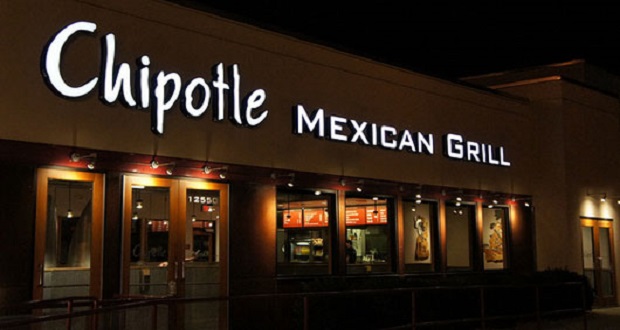
When you think about the business case for diversity, you think one of two things: (1) Having employees of different backgrounds and opinions is a competitive advantage in a multifaceted and changing marketplace. (2) What business case?
If you believe the latter, you’ll find no shortage of experts and consultants who’ll whip out a plethora of research, case studies, charts, and anecdotes to change your mind. They’ll show you how inclusion relates to employee engagement, productivity, marketing, and what every CEO cares about most—the bottom line. Good diversity consultants know how to make a solid case. The bad ones…well…they are the reason why the good ones exist at all.
I believe in highlighting the benefits of diversity, of course. However, there’s one advantage that inclusion proponents rarely mention. Her name is Catherine Wilson.
Or rather, it’s what happened when Wilson kind of sort of but not really quit her job as a crew member at a Chipotle in Clifton, Ohio. Here’s what went down:
Wilson, 25, requested a 13-day leave of absence so she could work at Walt Disney World in Florida to maintain her status as a seasonal employee with the amusement park. Her manager, Russell Behrman, didn’t think his superiors would approve the request, especially since she’d previously been reviewed as a “low performer” with an “attitude.” They argued. Afterward, noting Wilson’s alleged insistence on taking the time off anyway, Behrman felt that she had quit her job.
Wilson, having never actually quit, showed up for work as originally scheduled. Again, the two got into a heated disagreement, during which Wilson says that Behrman, who’s White, referred to her as an offensive expletive. After leaving the store angry, Wilson contacted the restaurant’s district manager, who investigated the incident and concluded that Behrman did nothing wrong and that due to Wilson’s disrespectful behavior when she returned to work, she should not get her job back.
Wilson, who is Black, sued for race and gender discrimination.
Recently, an appeals court finally ruled in favor of Chipotle. While the court dismissed the notion that Wilson had quit her job, it stated this: “Wilson offered no evidence that Chipotle replaced her with White or male employees. To the contrary, Wilson’s part-time slot was picked up by three African-American females and one African-American male. The Clifton branch work force was 75 percent African American during the relevant period, and Wilson offers no evidence that this changed at the time.” Furthermore, though Wilson says others heard her manager’s nasty remark, she couldn’t supply any witnesses.
All this led Jon Hyman, a labor attorney at Meyers, Roman Friedberg & Lewis, to write on Workforce.com: “So, what’s the best defense to a discrimination claim? Hire others in the same protected group. If your workplace is three-quarters Black, it becomes very hard for a Black employee to claim disparate treatment. If you replace that Black, female employee with three other Black females, and a Black male, it’s case over.”
I’m annoyed by his assertion. Mostly because he’s right. And because I don’t want businesses adopting this mindset. I don’t want diversity regressing to become what it used to be: a game of quotas. I don’t want inclusion to be about nothing more than legalities and compliance. I want organizations to see diversity as a business advantage, not merely a means to avoid lawsuits.
On the other hand, I’m torn, because I also want diversity—period. And if fear of litigation is what will drive it at some companies, then so be it. I guess. I don’t know. This case leaves a bad taste in my mouth.



![I Am [From] Woman: An Ode From a Man](https://theinclusionsolution.me/wp-content/uploads/2017/03/i-am-from-women-620x330.png)













